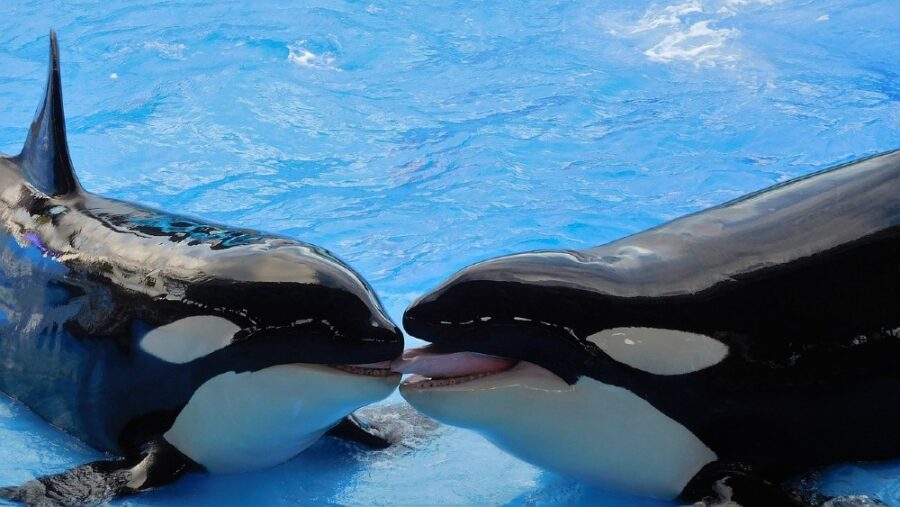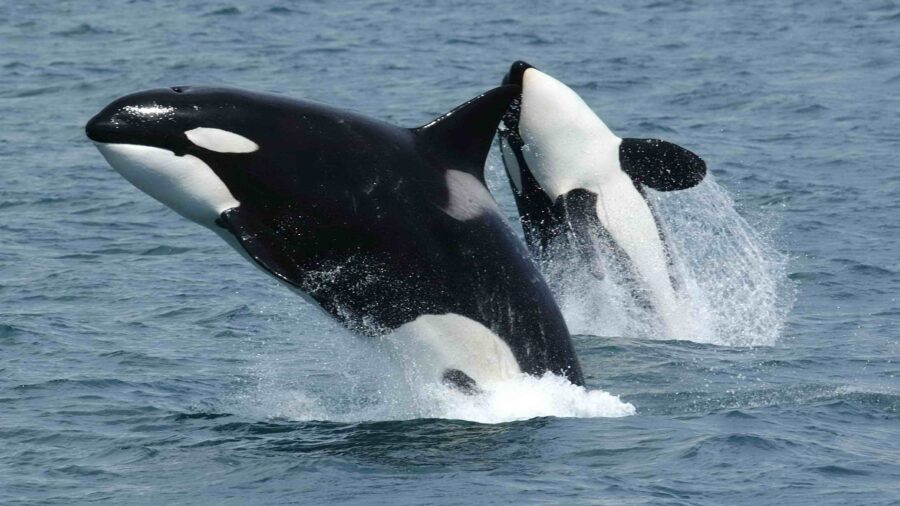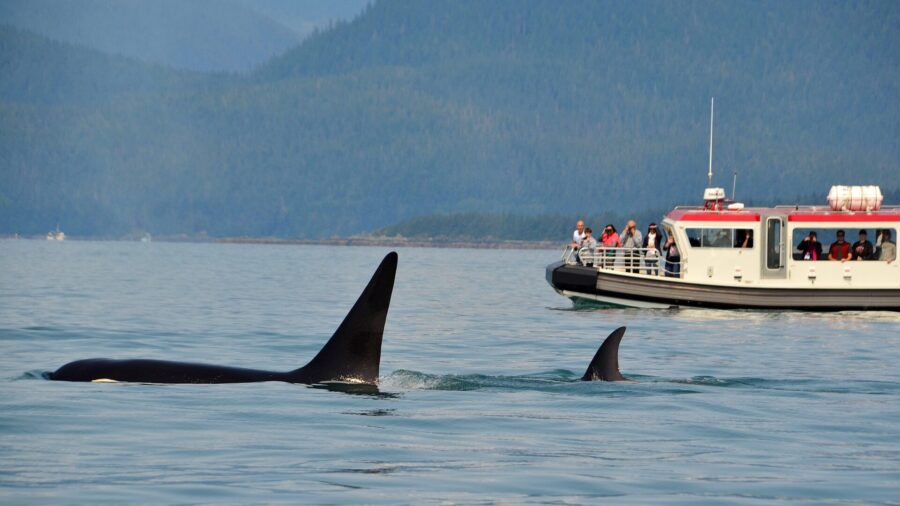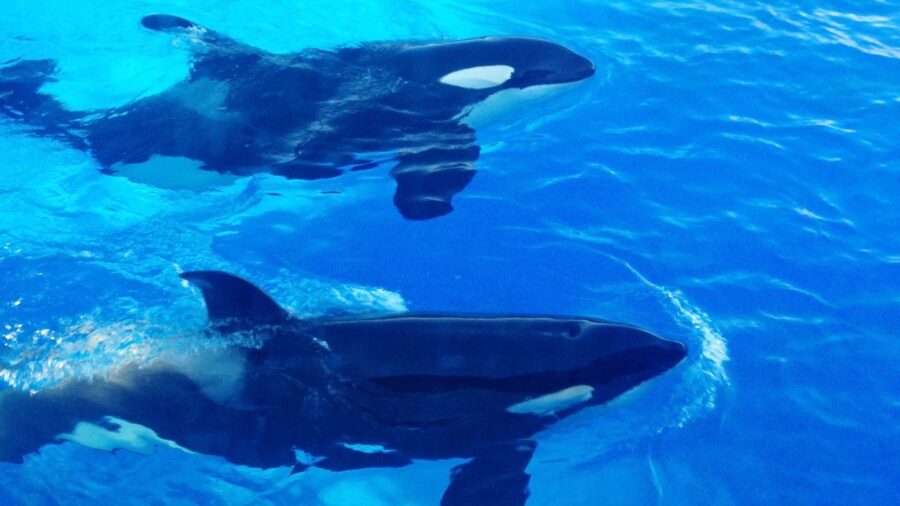Orcas Ramming Boats Finally Gets Answer From Scientists

Orcas have been ramming boats in the waters off the coast of the Iberian Peninsula recently, and until now, scientists had no explanation for the phenomenon. With wild speculation suggesting revenge as a motive, or a misguided hunting instinct, the attacks seemed targeted at sailing ships in a certain area, but no one could really say why the young Orcas were engaging in the ramming behavior. A new theory suggests that the orcas are ramming into boats to practice hunting bluefin tuna, a staple in their diets.
Moving Target Practice

The orcas have time for games now, and their new favorite game is to practice hunting their favorite prey by ramming boats. The killer whales are ramming the rudder of boats, leading to speculation that they are using the rudder as a target for a game. Once they have successfully rammed the rudder, they will often bite it, similarly to what they would do with a tuna.
Training For Tuna Trapping?

In 2020, orcas began ramming boats in and around the Strait of Gibraltar, even sinking some crafts. While boaters in the area were worried by the incidents, scientists looked at them as an opportunity for study. While no one wants to see boats being sunk, the orcas are definitely not out for revenge and they’re not hitting vessels out of anger.
Different populations of orca have different dietary preferences, with Iberian orcas preferring bluefin tuna. The current numbers of this type of tuna in the waters around the Strait of Gibraltar have greatly increased from what they were a few years ago, taking them off the endangered list while also providing an abundant food source for local orcas. Now that the orcas aren’t spending every free moment hunting bluefin tunas, they have time for leisure activities, researchers say.
More Playful Than Serious

Not all experts are convinced that the activity the orcas are participating in is purely a practice for hunting. While it’s true that orcas are ramming the rudders of boats in a similar way they might separate a tuna from its school to hunt it, the exercise seems more like play than training. The type of engagement the orcas are in is more like predator curiosity instinct taking over than an organized training program.
Opportunity For Researchers To Track Movement

Because sailors in the area were motivated to track the orcas’ whereabouts, scientists like Bruno Díaz López, a bottlenose dolphin expert, viewed their engagement as an opportunity to hone in on the orcas’ distribution in the area. The danger that the orcas posed to boats meant that the information was likely to be accurate because sailors were actively trying to avoid being rammed. This new data collected by citizen scientists meant that researchers could more accurately track the seasonal movements of the local orca population.
Best To Just Avoid Them While Sailing

Marine biologists warn sailors that monitoring the orcas’ movements and steering clear of pods is the best deterrent to avoid getting rammed. If orcas get used to ramming boats for fun or practice, it will be difficult to dissuade them from the activity in the future, although the commonly held belief among scientists is that the behavior is a trend that will likely wane over time.
With all the great data being collected by citizen scientist boaters as well as researchers, avoiding the orcas will likely be simpler than it has been in the past.
Source: ScienceDirect










